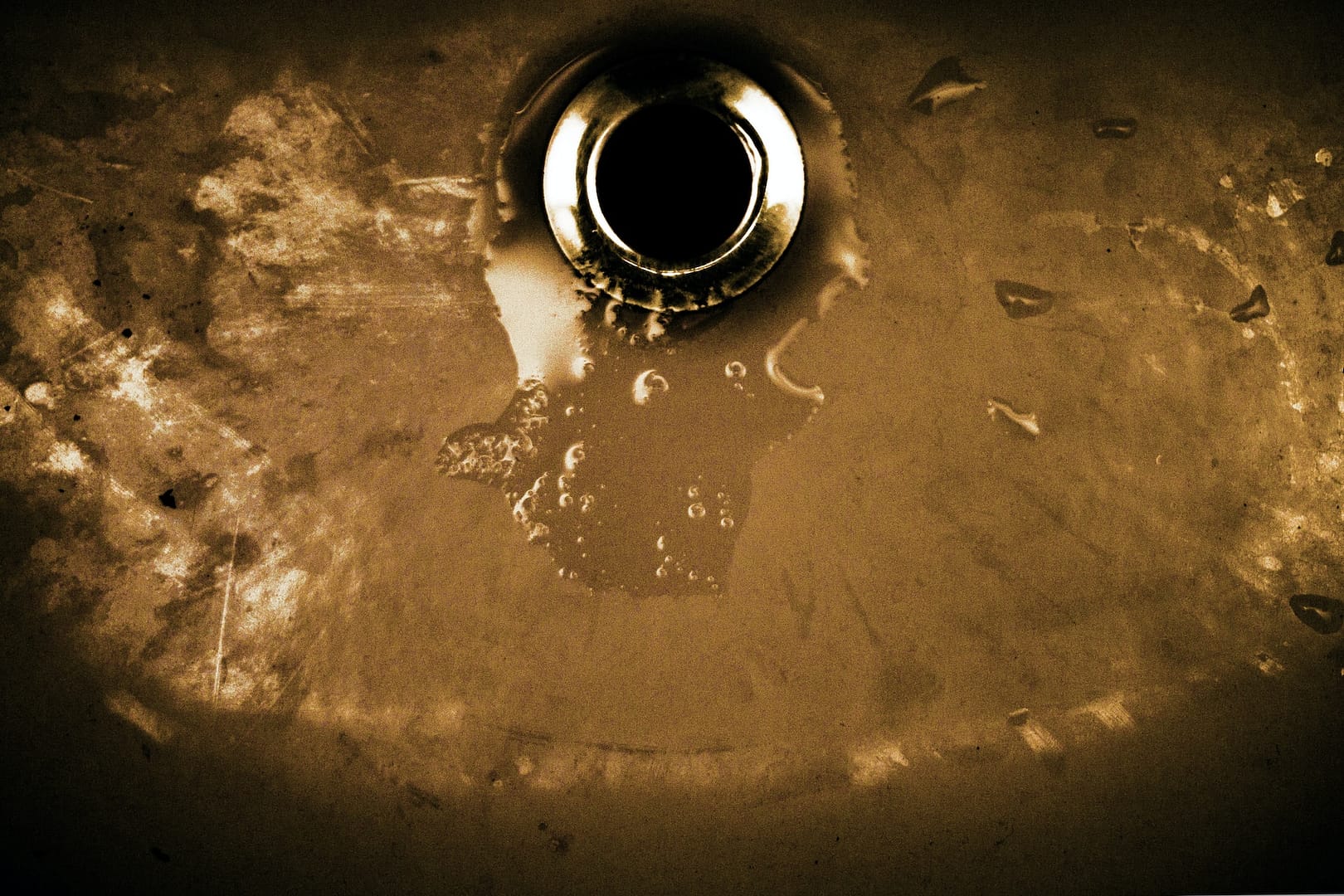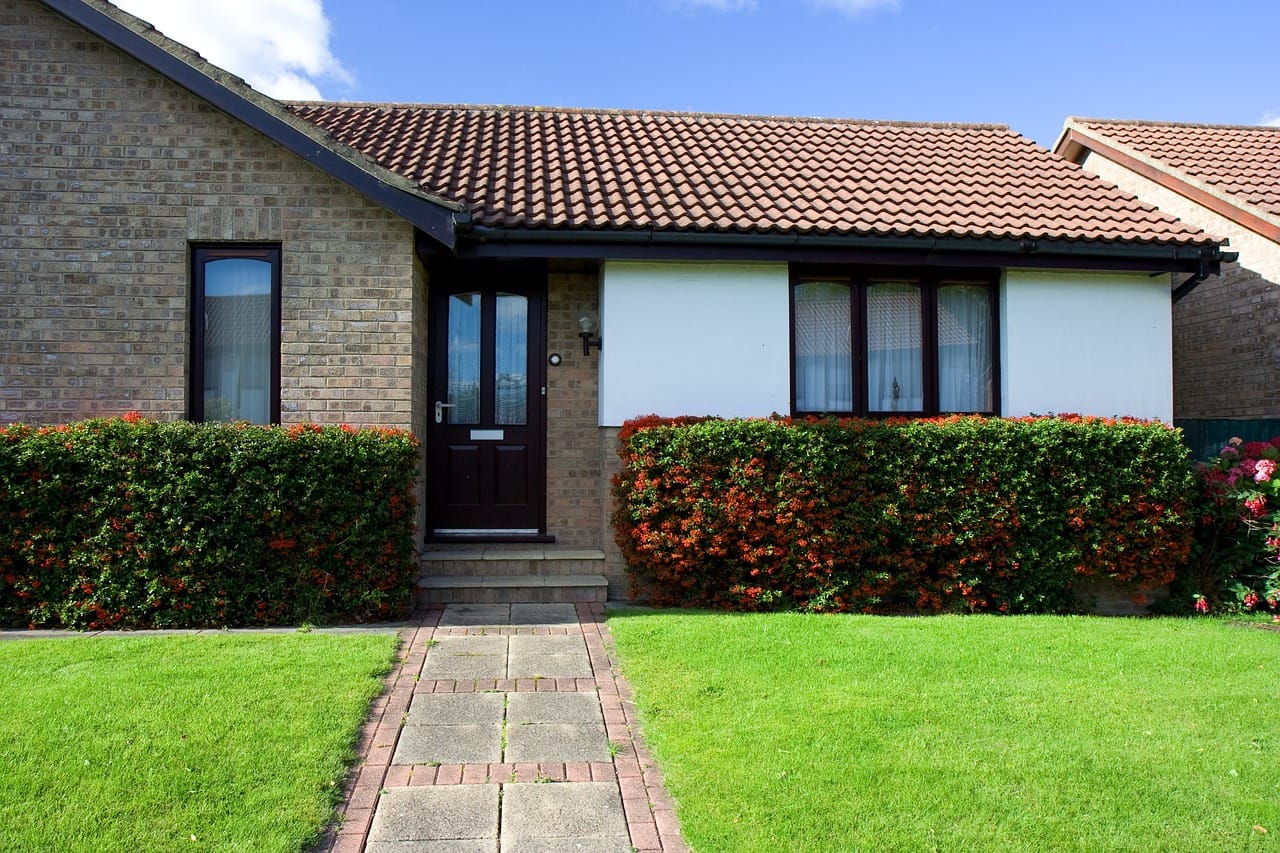Drainage Issues in Social Housing are a widespread concern in the UK. In this article, we will delve into the complexities of drainage problems that often plague social housing communities. We will explore the responsibilities of both tenants and landlords, the potential disrepair issues caused by blocked drains, and the measures that can be taken to mitigate these problems.
The Responsibility Question: Are Blocked Drains the Tenant’s Responsibility?
One common question that arises when addressing drainage issues in social housing is: Are blocked drains the tenant’s responsibility? The answer isn’t always straightforward and may vary depending on specific circumstances. Generally, it’s essential to understand that the responsibility for drainage maintenance and repair often falls on the landlord or housing authority. However, tenants also have a role to play in preventing blockages.
Tenants are usually expected to take reasonable care of the property they are living in, which includes avoiding actions that could lead to blocked drains. For instance, tenants should be cautious about what they dispose of down the drains, such as non-biodegradable items, cooking grease, or large food scraps. Negligence on the part of the tenant can lead to clogged pipes and subsequent drainage problems.
On the other hand, the landlord or housing authority has the responsibility to ensure that the property’s drainage system is in proper working condition. This includes periodic inspections, maintenance, and timely response to repair requests from tenants. If a drainage issue arises due to factors beyond the tenant’s control, the responsibility for rectifying the problem typically falls on the landlord.
The Domino Effect: Disrepair Caused by Blocked Drains
Blocked drains, when left unaddressed, can lead to a cascade of disrepair issues in social housing. Let’s take a closer look at some of these consequences:
Damp and Mould Growth
When drains are blocked, wastewater can back up and seep into walls and floors, causing dampness and creating the ideal conditions for mould growth. Mould not only damages the structural integrity of the building but also poses health risks to the occupants.
Foul Odours
Blocked drains often emit foul odours that can permeate the living space, making it uncomfortable and unhealthy for tenants. These odours can lead to respiratory problems and contribute to a generally unpleasant living environment.
Structural Damage
The pressure created by blocked drains can exert force on pipes and joints. Over time, this pressure can lead to structural damage, including cracks and leaks in the drainage system. If not addressed promptly, this can result in costly repairs and further disrepair issues.
Pest Infestations
Stagnant water in blocked drains can attract pests, such as rats and insects, which can infiltrate the property. These unwanted guests not only damage the building but also pose health risks to residents.
Flooding
In severe cases, blocked drains can cause flooding in and around the property. This not only damages possessions but can also render the property temporarily uninhabitable.
Preventive Measures and Solutions
Addressing drainage issues in social housing requires a multi-faceted approach involving both tenants and landlords. Here are some preventive measures and solutions to mitigate drainage problems:
Tenant Education
Landlords can organise workshops or distribute informational materials to educate tenants about the proper use and maintenance of drainage systems. Ensuring that tenants understand their role in preventing blockages can go a long way in reducing drainage issues.
Regular Inspections
Landlords should conduct routine inspections of the property, including the drainage system. This proactive approach can help identify potential issues before they escalate, preventing more extensive damage.
Prompt Repairs
Tenants should promptly report any drainage issues to their landlords or housing authorities. Likewise, landlords should respond quickly to these reports and initiate necessary repairs. Swift action can prevent minor problems from becoming major disrepair issues.
Drainage Maintenance
Regular maintenance of drainage systems, including cleaning and clearing of pipes, is crucial. This maintenance should be performed by qualified professionals to ensure the system’s longevity.
Installation of Drainage Screens
Installing drainage screens or filters in sinks and drains can help prevent the entry of large debris and grease, reducing the likelihood of blockages.
Tenant Responsiveness
Tenants should take responsibility for their actions, ensuring that they dispose of waste and debris properly. Avoiding actions that can lead to blockages, such as pouring cooking grease down the drain, is essential for maintaining a smoothly functioning drainage system.
Landlord Responsibility
Landlords and housing authorities must uphold their responsibilities by providing a safe and habitable living environment. This includes addressing drainage issues promptly and maintaining the property’s drainage system to prevent disrepair.
Making a Housing Disrepair Claim with National Claims
Note: You can only make a claim if you are currently living in social housing.
At National Claims, we understand the importance of addressing drainage issues and disrepair problems in social housing. If you are a tenant facing drainage problems that have resulted in disrepair issues, we can assist you in making a housing disrepair claim. Our team of experts is well-versed in the legal aspects of social housing disrepair cases and can guide you through the claims process.
To make a housing disrepair claim with National Claims, follow these steps:
Contact Us: Get in touch with our dedicated team through our website or helpline.
Assessment: Our experts will assess your case to determine its validity.
Legal Guidance: We will provide you with legal guidance and support throughout the claim process.
By making a housing disrepair claim with National Claims, you can ensure that your rights as a tenant are protected, and your living conditions are improved.
How Much Compensation For Damp And Mould UK?
To find out how much compensation you can receive for your housing disrepair, it is best to fill out one of our claims forms that can be found throughout our website.

Conclusion
Drainage issues in social housing are a significant concern in the UK, impacting the quality of life for tenants and causing potential disrepair problems. It is crucial for both tenants and landlords to understand their roles and responsibilities in preventing and addressing blocked drains. By working together, they can maintain a safe and healthy living environment, ensuring that drainage issues do not escalate into more significant disrepair concerns. Through tenant education, regular inspections, prompt repairs, drainage maintenance, and proactive measures, the challenges associated with drainage issues in social housing can be effectively managed, creating a better living experience for all. If you find yourself facing disrepair issues in your social housing, consider making a housing disrepair claim with National Claims to protect your rights and well-being.
Contact us to get started on your claim and speak to one of our claims specialists.
Click below to see why we are one of the most trusted claims management companies in the UK.

We’re proud of our excellent customer reviews
We thrive on delivering exceptional service and ensuring our clients’ satisfaction. Don’t just take our word for it. Check out some of our independent reviews to see what our clients have to say.
Excellent

This firm is excellent, they sorted out my car pay out and injury claim very fast, they always communicate with you all the time.

My accident case was dealt with confidence and with great result of the outcome, especially James kept me informed all the time.

I was very impressed at the way my inquiry was treated. I was listened to attentively and everything I needed to know was explained to me.






